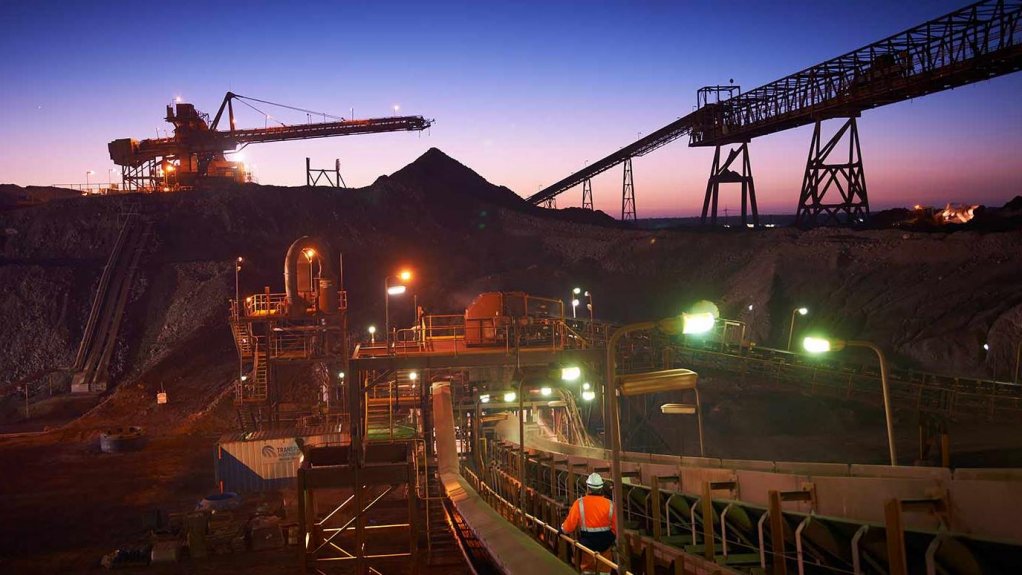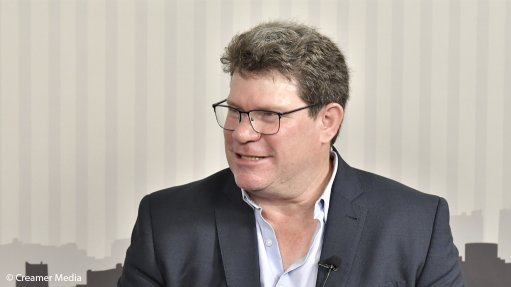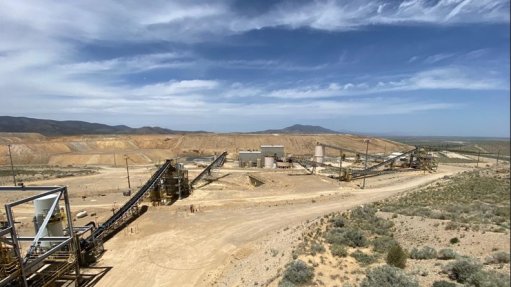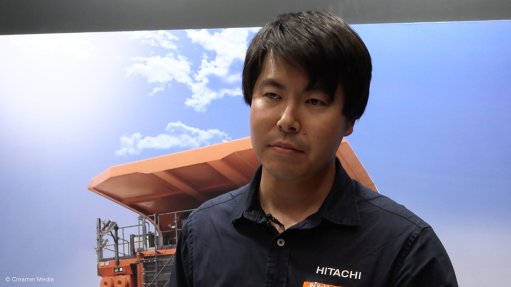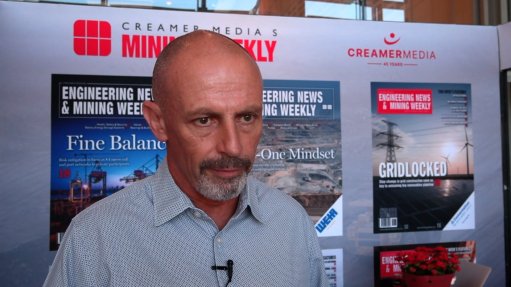Commodity prices fell BHP revenues
PERTH (miningweekly.com) – Lower commodities prices have seen diversified major BHP report a 58% fall in its attributable profit for the full year ended June, from $30.9-billion to $12.9-billion.
Revenue for the full year was down 17% from $65.1-billion to $53.8-billion, primarily as a result of the significantly lower prices across iron-ore, metallurgical coal and copper. Underlying earnings before interest, taxes, depreciation and amortisation (Ebitda) was down 31% in the full year from $40.6-billion to $28-billion, while the Ebitda margin declined from 65% in the 2022 financial year to 54%.
BHP told shareholders that the company experienced an effective inflation rate of around 10% in the 2023 financial year, and was expecting the lagged impact of inflation to continue into 2024, particularly in labour costs.
The miner said that its focus on cost discipline had allowed it to mitigate the effects of the current inflationary environment. Unit costs were 9% higher across its major assets, however, the Western Australian iron-ore operations extended its lead as the lowest-cost major iron-ore producer globally, at a unit cost of $17.79/t.
In operational terms, BHP reported a 1% increase in iron-ore production, a 9% increase in copper production and a 4% increase in nickel production during the year, with the company marking record production at its Western Australian iron-ore operations, its Olympic Dam and its Spence operations.
“Our financial results for the year were strong, underpinned by reliable production together with capital and cost discipline as we managed lower commodity prices and inflationary pressures. Our balance sheet is robust and deliberately positioned to support portfolio growth in commodities the world needs for population growth, urbanisation and decarbonisation,” said CEO Mike Henry on Tuesday.
“In Canada, our investment in potash is progressing at pace with first production at Jansen on track for the latter half of 2026, and we are creating a new copper province in South Australia following the acquisition of OZ Minerals. We are investing strategically in new ideas, technologies and countries through exploration and early-stage copper and nickel prospects to capture future growth opportunities.”
BHP’s capital and exploration expenditure increased by 16% in the 2023 financial year, from $6.1-billion spent in 2022, to $7.1-billion.
For 2024 and 2025, the miner is targeting a capital and exploration spend of $10-billion a year, including exploration spend of $0.4-billion in 2024.
BHP noted that in South Australia, the company was assessing options for a new two-stage smelter which could produce 500 000 t/y. In addition to productivity improvements at the existing operations, the miner expected to source ore for the expanded smelter from growth and exploration projects at the Wira shaft mine expansion at Prominent Hill, the block cave expansion project at Carrapateena, and at Oak Dam, where exploration is continuing. BHP is also continuing its exploration beneath the Olympic Dam orebody.
In 2024, the miner is expecting production from Copper South Australia to reach between 310 000 t and 340 000 t.
“Commodity demand has remained relatively robust in China and India even as developed world economies have slowed substantially. In the near term, China’s trajectory is contingent on the effectiveness of recent policy measures. We expect buoyant growth in India with strong construction activity underpinning an expansion in steelmaking capacity. More broadly, there is increased recognition of the importance of critical minerals and strategies across the globe to incentivise investment in supply and demand, which provides opportunities and challenges,” Henry said on Tuesday.
BHP said on Tuesday that the company remains focused on increasing its yearly iron-ore production from the Pilbara above the 305-million-tonne-a-year capacity over the medium term, and was studying growing the operations to 330-million tonnes, with the studies expected to be completed in the 2025 calendar year.
Options under consideration to boost iron-ore output include developing new mines and leveraging existing infrastructure, including at Yandi, increasing ore beneficiation, or building a new hub.
Meanwhile, the South Flank operation remains on track to reach its full production capacity of 80-million tonnes a year by the end of 2024.
Article Enquiry
Email Article
Save Article
Feedback
To advertise email advertising@creamermedia.co.za or click here
Press Office
Announcements
What's On
Subscribe to improve your user experience...
Option 1 (equivalent of R125 a month):
Receive a weekly copy of Creamer Media's Engineering News & Mining Weekly magazine
(print copy for those in South Africa and e-magazine for those outside of South Africa)
Receive daily email newsletters
Access to full search results
Access archive of magazine back copies
Access to Projects in Progress
Access to ONE Research Report of your choice in PDF format
Option 2 (equivalent of R375 a month):
All benefits from Option 1
PLUS
Access to Creamer Media's Research Channel Africa for ALL Research Reports, in PDF format, on various industrial and mining sectors
including Electricity; Water; Energy Transition; Hydrogen; Roads, Rail and Ports; Coal; Gold; Platinum; Battery Metals; etc.
Already a subscriber?
Forgotten your password?
Receive weekly copy of Creamer Media's Engineering News & Mining Weekly magazine (print copy for those in South Africa and e-magazine for those outside of South Africa)
➕
Recieve daily email newsletters
➕
Access to full search results
➕
Access archive of magazine back copies
➕
Access to Projects in Progress
➕
Access to ONE Research Report of your choice in PDF format
RESEARCH CHANNEL AFRICA
R4500 (equivalent of R375 a month)
SUBSCRIBEAll benefits from Option 1
➕
Access to Creamer Media's Research Channel Africa for ALL Research Reports on various industrial and mining sectors, in PDF format, including on:
Electricity
➕
Water
➕
Energy Transition
➕
Hydrogen
➕
Roads, Rail and Ports
➕
Coal
➕
Gold
➕
Platinum
➕
Battery Metals
➕
etc.
Receive all benefits from Option 1 or Option 2 delivered to numerous people at your company
➕
Multiple User names and Passwords for simultaneous log-ins
➕
Intranet integration access to all in your organisation



